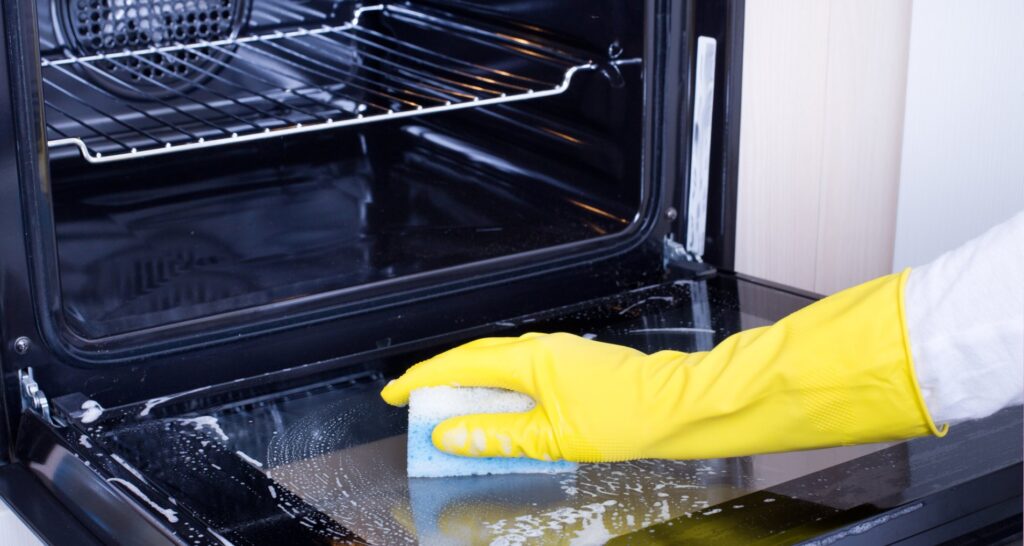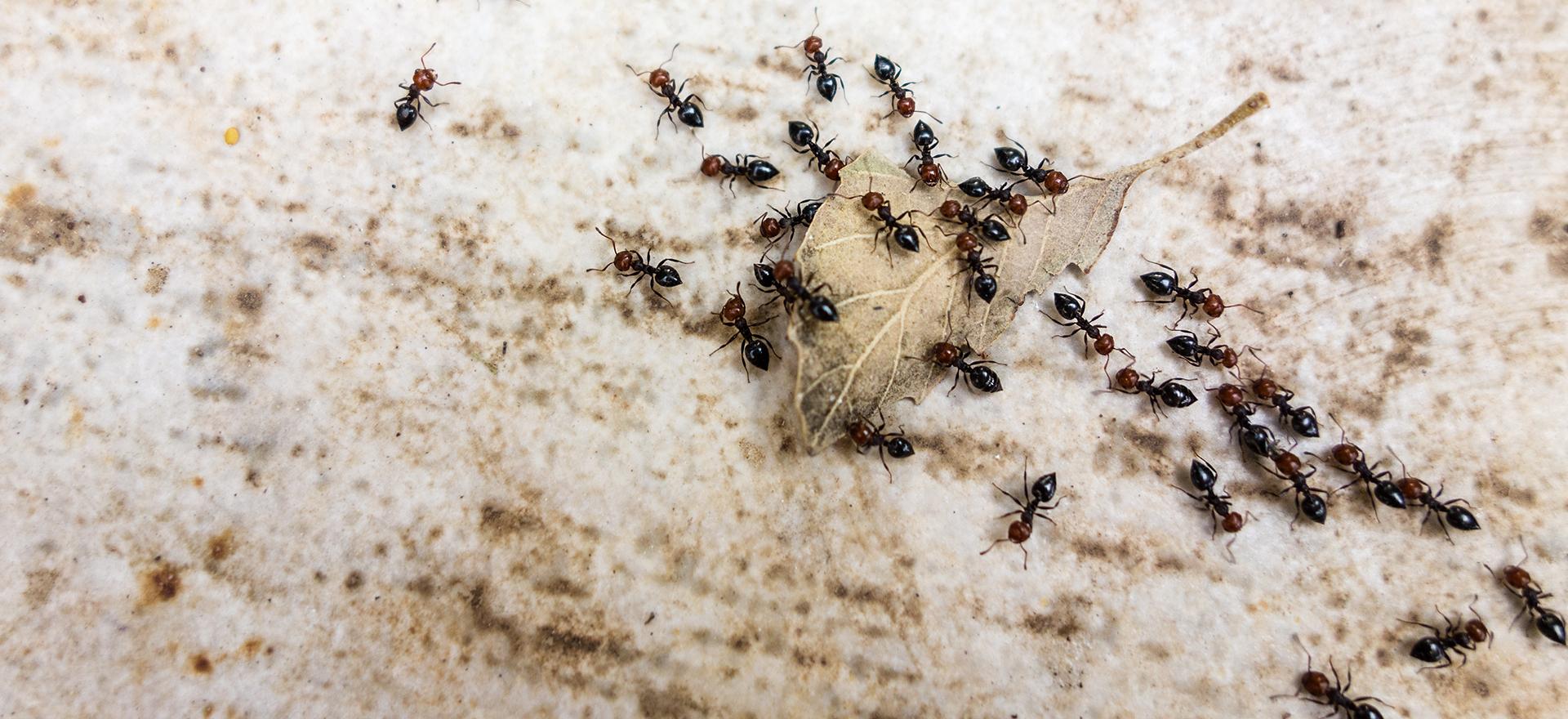Communal kitchens, whether in office spaces, shared accommodations, or other public areas, are high-traffic zones where hygiene is of utmost importance. Regular cleaning and disinfection play a critical role in maintaining a safe, healthy environment for everyone who uses these spaces. Understanding the importance of maintaining cleanliness in these kitchens helps to prevent the spread of germs, reduce unpleasant odors, and keep kitchen appliances functioning optimally.
1️⃣ Reducing the Spread of Germs and Bacteria
Kitchens are prone to harboring germs and bacteria, especially in shared environments. When multiple people use the same space, the risk of cross-contamination rises significantly. Bacteria such as E. coli, Salmonella, and Staphylococcus can be present on kitchen surfaces and spread rapidly if proper cleaning measures are not taken.
Key Areas to Disinfect:
- Countertops: These are hotspots for bacterial buildup, especially after preparing food.
- Handles and knobs: High-touch areas like refrigerator handles, cupboard doors, and faucet knobs should be disinfected regularly.
- Appliances: Microwaves, toasters, and coffee machines can accumulate grease and grime, making them breeding grounds for bacteria.
Pro Tip: Using disinfectant sprays or wipes on these surfaces daily can significantly reduce the risk of contamination.
2️⃣ Preventing Foodborne Illnesses
One of the most important reasons to clean and disinfect communal kitchens is to prevent foodborne illnesses. Contaminated food or surfaces can lead to the spread of harmful bacteria that cause gastrointestinal issues. This is especially important in communal kitchens where many different people prepare and store their food.
Best Practices for Food Safety:
➤ Wipe down surfaces before and after preparing food.
➤ Keep raw and cooked foods separated to avoid cross-contamination.
➤ Clean cutting boards thoroughly, especially after cutting raw meat or fish.
Regular disinfection of food preparation areas reduces the likelihood of spreading foodborne illnesses.
3️⃣ Maintaining a Pleasant Environment
A clean kitchen is not only safer but also more pleasant to use. When communal kitchens are left unclean, they can quickly develop bad odors, attract pests, and create an unpleasant atmosphere for everyone.
Tips for Keeping the Kitchen Fresh:
1️⃣ Take out the trash daily to avoid the buildup of odors and bacteria.
2️⃣ Clean the refrigerator regularly, removing expired food and wiping down shelves.
3️⃣ De-grease appliances such as stoves and ovens to prevent the buildup of grime.
Keeping the kitchen tidy not only enhances hygiene but also creates a more inviting space for users.
4️⃣ Extending the Life of Kitchen Appliances
Appliances in communal kitchens often experience heavy usage. Over time, this can lead to wear and tear if they are not cleaned and maintained properly. Regular cleaning not only keeps appliances looking good but also ensures they function optimally for a longer period.
How to Maintain Appliances:
- Microwave: Wipe the interior after each use to prevent the buildup of food splatters.
- Oven: Clean out burnt residue regularly to prevent fires and maintain efficiency.
- Refrigerator: Defrost freezers periodically and clean spills immediately to prevent odors and bacterial growth.
By investing time in routine cleaning, you can help extend the life of shared kitchen appliances and reduce the cost of repairs or replacements.

5️⃣ Creating a Healthier Workplace Environment
For workplaces, maintaining a clean communal kitchen directly impacts employee health and productivity. An unclean kitchen can lead to the spread of sickness, which can ultimately affect the workforce.
Benefits of a Clean Kitchen in the Workplace:
➤ Healthier employees: Regular cleaning and disinfecting help minimize the spread of illness, leading to fewer sick days.
➤ Boosted morale: A clean kitchen shows that the organization cares about the well-being of its staff, promoting a positive workplace culture.
➤ Increased productivity: Employees are more likely to prepare meals and snacks in a hygienic environment, leading to better energy levels and focus throughout the day.
Fact: Studies have shown that employees are more productive when working in environments that promote cleanliness and organization.
6️⃣ Cleaning Tips for Shared Kitchens
Keeping a communal kitchen clean is a collective responsibility. With a few simple practices, the space can remain hygienic and pleasant for everyone to use.
Simple Ways to Maintain a Clean Kitchen:
1️⃣ Create a cleaning schedule: Assign cleaning tasks to users of the kitchen to ensure that everyone does their part.
2️⃣ Use labels: Encourage users to label their food items with dates, which helps prevent the accumulation of expired products.
3️⃣ Provide cleaning supplies: Make disinfectant sprays, wipes, and dish soap readily available so people can clean up after themselves easily.
4️⃣ Set clear rules: Post rules for kitchen use, such as washing dishes immediately and wiping down surfaces after use.
With these measures in place, a communal kitchen can remain clean, safe, and functional for everyone.
For professional cleaning services that ensure your communal kitchen stays hygienic and germ-free, get a free quote here.




